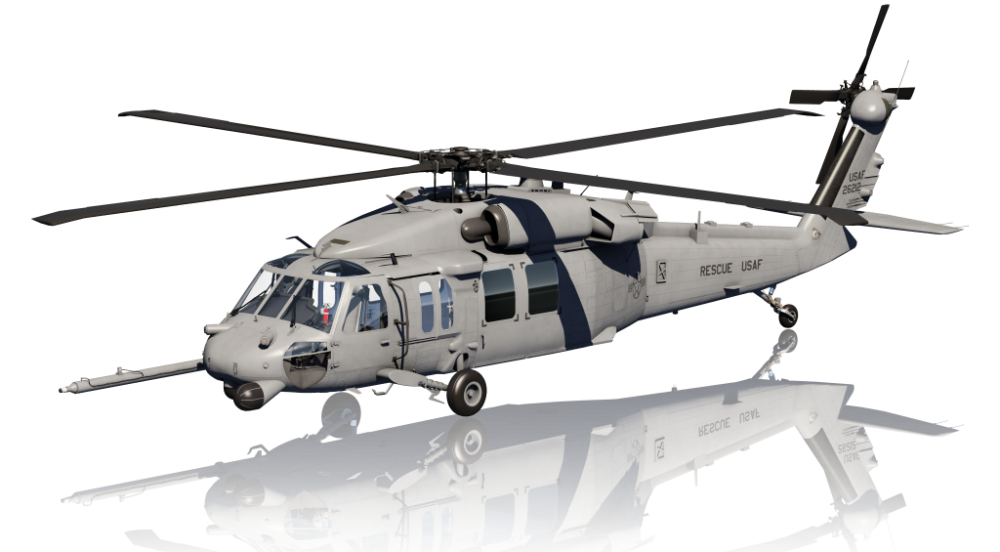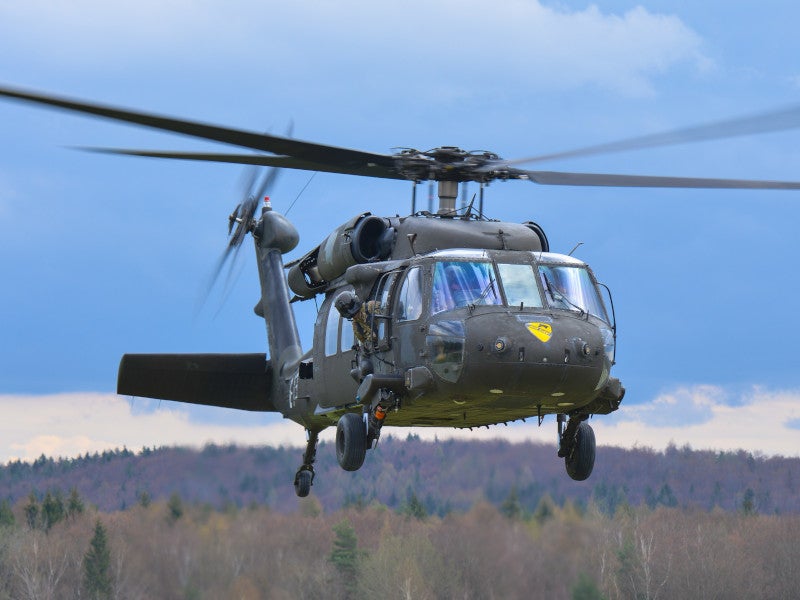The Duty of UH 60 in Modern Armed Force Workflow
The Duty of UH 60 in Modern Armed Force Workflow
Blog Article
The Effect of Sustainable Practices on the Future of Aircraft Operations and Emissions Decrease
As the aviation industry encounters enhancing scrutiny over its environmental effect, the fostering of lasting practices becomes a crucial path toward future airplane procedures and exhausts decrease. Technologies in sustainable aeronautics gas and improvements in crossbreed propulsion modern technologies stand at the leading edge of this improvement, promising considerable decreases in greenhouse gas exhausts. However, the successful assimilation of these initiatives rests on a variety of aspects, including regulatory frameworks and market collaboration. The question continues to be: how will these progressing practices reshape the characteristics of air traveling and add to a much more lasting future?

Overview of Sustainable Practices
Lasting techniques in aircraft operations incorporate a series of strategies focused on decreasing ecological impact while preserving operational efficiency. These techniques are crucial in the aviation market's dedication to minimizing its carbon footprint and adhering to global environmental criteria. Secret efforts include maximizing flight paths to lower fuel consumption, improving upkeep procedures to ensure airplane operate at peak performance, and implementing sophisticated innovations such as winglets and light-weight materials that improve aerodynamics.

Involving and training team on sustainability practices likewise play a vital function, promoting a society of ecological responsibility within organizations. Overall, the assimilation of these sustainable methods not just helps in reducing emissions however likewise boosts the lasting viability of the air travel field, guaranteeing it fulfills the needs of both consumers and regulative bodies while adding to international sustainability goals.
Ingenious Gas Alternatives
Many innovative gas choices are becoming essential services to minimize the aviation sector's dependence on traditional nonrenewable fuel sources. Amongst these choices, Sustainable Air travel Fuels (SAFs) have actually obtained considerable focus due to their possible to reduce lifecycle greenhouse gas discharges by approximately 80% compared to conventional jet gas. SAFs are stemmed from different feedstocks, including waste oils, farming deposits, and even algae, making them a flexible alternative for the sector.
One more appealing choice is hydrogen fuel, which, when made use of in fuel cells, creates just water vapor as a by-product. Furthermore, electrical propulsion systems are being discovered, leveraging battery innovation to power airplane.
Lastly, biofuels obtained from biomass are being examined, supplying a sustainable option that can be combined with conventional fuels. Collectively, these cutting-edge fuel alternatives stand for an essential step toward achieving a lasting air travel ecosystem, straightening with international discharges reduction targets and improving the sector's environmental stewardship.
Technological Innovations in Aeronautics

Just how can technological improvements improve the future of aviation? Innovations such as hybrid and electric propulsion systems are at the center, promising significant reductions in fuel intake and greenhouse gas discharges.
Additionally, the application of innovative products, such as light-weight composites, adds to boosted the rules click reference of aerodynamics and fuel efficiency. Making use of expert system and equipment knowing in trip operations enhances path preparation and minimizes gas shed by allowing real-time changes based on weather condition and web traffic conditions. Additionally, the growth of independent browse around here and remotely piloted airplane systems stands to change freight and guest transportation, potentially raising effectiveness while decreasing human error.
Furthermore, sustainable aeronautics modern technologies, including advanced air traffic administration systems, can simplify procedures and lower blockage, bring about reduced exhausts throughout trip. These developments collectively stand for a standard change in aviation, promising a future where sustainability and operational effectiveness are linked, therefore sustaining the market's dedication to lowering its ecological effect.

Governing Framework and Compliance
Due to the growing emphasis on environmental stewardship within the aviation field, the governing framework regulating airplane operations is advancing to advertise sustainable methods. Regulative bodies, such as the International Civil Aeronautics Company (ICAO) and various nationwide aeronautics authorities, are presenting rigorous standards aimed at minimizing discharges and enhancing functional performance.
These regulations usually consist of the fostering of Lasting Air travel Fuel (SAF), which has actually been acknowledged as a key component in accomplishing lower carbon impacts. Compliance with these regulations needs airlines to execute functional practices and advanced modern technologies, such as optimized trip paths and enhanced air web traffic monitoring, to lessen fuel intake.
Additionally, the enforcement of discharges trading schemes and carbon countering efforts is ending up being progressively widespread, engaging airlines to check and report their emissions accurately. Non-compliance can lead to substantial charges, hence pushing operators to focus on sustainability in their business models.
Eventually, the developing governing landscape not just drives innovation and investment in environment-friendly modern technologies however also cultivates a society of accountability within the aviation market. As these structures continue to establish, the concentrate on lasting practices will be indispensable to accomplishing the market's lasting environmental goals.
Future Patterns in Airplane Operations
As the air travel sector adapts to a progressively strict regulative atmosphere, future trends in airplane operations are established to concentrate on ingenious services that better enhance sustainability and effectiveness - uh 60. Key advancements will likely consist of the fostering of innovative air web traffic management systems, which utilize real-time data and synthetic knowledge to enhance flight paths, lowering fuel intake and discharges
One more substantial trend is the boosted combination of sustainable aeronautics fuels (SAFs) These options to traditional jet fuel, originated from sustainable resources, can dramatically lower lifecycle greenhouse gas exhausts. The industry's commitment to SAFs will likely accelerate as airlines collaborate with fuel producers to guarantee schedule and cost-effectiveness.
Furthermore, the press in the direction of electrification and crossbreed propulsion systems is gaining momentum. Emerging aircraft designs will certainly include these innovations, supplying quieter and more effective operations, especially for short-haul flights.
Final Thought
To conclude, the combination of sustainable techniques in aircraft operations holds considerable potential for discharges reduction and improved effectiveness. The fostering of sustainable aviation fuels, paired with developments in hybrid and electric propulsion systems, is important for minimizing lifecycle greenhouse gas discharges. Additionally, optimizing flight paths and accepting innovative innovations add to a quieter and a lot more environmentally pleasant aeronautics industry. my company Jointly, these efforts line up with global sustainability goals and pave the way for a greener future in aviation.
Advancements in sustainable aviation gas and innovations in hybrid propulsion technologies stand at the leading edge of this improvement, appealing substantial decreases in greenhouse gas discharges.Various ingenious fuel alternatives are emerging as critical options to lower the air travel sector's dependence on conventional fossil gas - uh 60. Amongst these alternatives, Lasting Aeronautics Gas (SAFs) have actually gotten considerable focus due to their prospective to decrease lifecycle greenhouse gas emissions by up to 80% contrasted to traditional jet fuels.Another considerable fad is the raised assimilation of lasting air travel gas (SAFs) The adoption of lasting aeronautics fuels, coupled with innovations in hybrid and electric propulsion systems, is essential for lessening lifecycle greenhouse gas emissions
Report this page